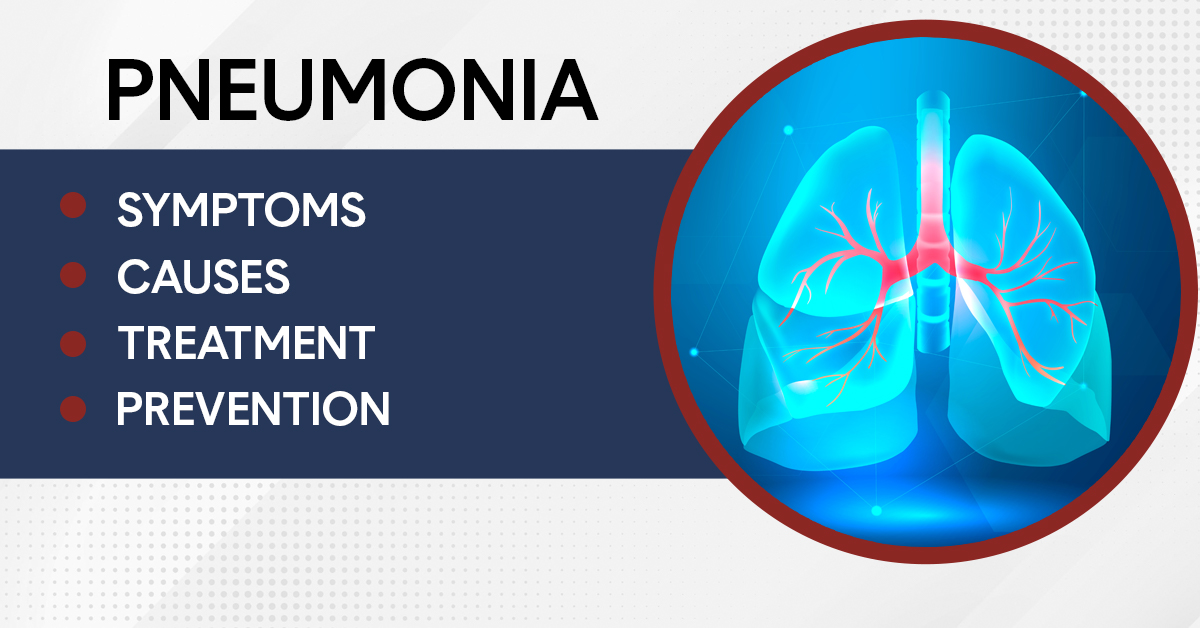- By Tagore Admin
- Posted November 22, 2023
What is Acidosis?
A medical condition called acidosis is defined by an overabundance of acid in bodily fluids. The acidity is typically measured by the pH level of a solution. In the context of acidosis, the pH of the blood is lower than normal, indicating an imbalance in the body's acid-base equilibrium.
Types of Acidosis
There are two main types of acidosis:
1. Respiratory Acidosis: This occurs when there is an excess of carbon dioxide (CO2) in the blood due to inadequate ventilation, leading to an accumulation of carbonic acid.
2. Metabolic Acidosis: This type results from an accumulation of acids other than carbonic acid or a loss of bicarbonate (a base) from the body. Various factors affecting metabolism can contribute to metabolic acidosis.
These two types are broad categories, and the specific causes and manifestations within each type can vary. It's important to note that within metabolic acidosis, there can be different subtypes based on the specific metabolic processes involved. For example, diabetic ketoacidosis (DKA) is a specific type of metabolic acidosis associated with uncontrolled diabetes.
While these are the primary types, acidosis can be further classified based on its severity (e.g., mild, moderate, severe) and the rate of onset (acute or chronic). Each type of acidosis may have different underlying causes, symptoms, and treatment approaches. If you suspect acidosis or are experiencing symptoms, it is crucial to seek medical attention for proper diagnosis and management.
You Can read also:- Aarskog Syndrome: Symptoms, Causes, Diagnosis, Treatment and Prevention
Symptoms of Acidosis
The symptoms of acidosis can vary depending on whether it is respiratory or metabolic acidosis and the underlying cause. Here are the general symptoms associated with both types:
1. Respiratory Acidosis:
● Shortness of Breath: Due to inadequate removal of carbon dioxide by the lungs.
● Confusion: As acidosis progresses, it can affect mental function.
● Fatigue: Feeling unusually tired or weak.
● Headache: Elevated levels of carbon dioxide can lead to headaches.
● Sleepiness: Excessive drowsiness or lethargy.
● Cyanosis: Bluish discoloration of the skin or mucous membranes in severe cases.
2. Metabolic Acidosis:
● Rapid Breathing (Kussmaul Breathing): The body may increase the rate and depth of breathing to try to eliminate excess acids.
● Confusion: Similar to respiratory acidosis, metabolic acidosis can affect mental function.
● Weakness: Generalized weakness or fatigue.
● Nausea and Vomiting: Especially in cases of severe metabolic acidosis.
● Abdominal Pain: Particularly in cases related to conditions like diabetic ketoacidosis.
● Increased Heart Rate: The heart may beat faster in response to acidosis.
Causes of Acidosis
The causes of acidosis can be broadly categorized into two main types: respiratory acidosis and metabolic acidosis. Each type has various potential underlying causes:
1. Respiratory Acidosis:
● Hypoventilation: Inadequate removal of carbon dioxide (CO2) by the lungs can lead to respiratory acidosis.
● Lung Diseases: Conditions that affect the lungs' ability to expel CO2, such as chronic obstructive pulmonary disease (COPD), asthma, pneumonia, and respiratory muscle weakness.
● Airway Obstruction: Blockage of the airways, either due to anatomic issues or conditions like sleep apnea.
● Central Nervous System Depression: Conditions that depress the central respiratory centers in the brain, such as drug overdose or severe head injury.
2. Metabolic Acidosis:
● Diabetic Ketoacidosis (DKA): Common in individuals with uncontrolled diabetes, where the body produces excess ketones, leading to increased acidity.
● Lactic Acidosis: Associated with conditions causing a buildup of lactic acid, such as severe infections, shock, or certain medical treatments.
● Renal Failure: Kidney dysfunction can result in the inadequate excretion of acids and the retention of acids in the body.
● Ingestion of Toxins: Some toxins or substances, when ingested, can lead to metabolic acidosis.
● Severe Diarrhea: Metabolic acidosis may be exacerbated by the loss of bicarbonate resulting from severe diarrhea.
● Starvation: Prolonged fasting or severe malnutrition can lead to the breakdown of fats, producing ketones and causing acidosis.
You Can read also:- Anorexia Nervosa: Symptoms, Causes, Risk Factors, Diagnosis and Treatments
Diagnosis of Acidosis
Diagnosing acidosis involves:
● Clinical Assessment: Evaluate medical history and symptoms, considering risk factors.
● Arterial Blood Gas (ABG) Analysis: Measure pH, carbon dioxide, and oxygen levels in arterial blood.
● Electrolyte and Blood Chemistry Tests: Assess levels of electrolytes, such as sodium and potassium, to identify the cause.
● Additional Tests: Conduct tests based on suspected causes, like blood glucose or lactate levels.
● Imaging Studies: Use imaging, if necessary, to assess lung function or identify respiratory issues.
● Urine Tests: Perform urinalysis to understand acid excretion and determine the cause.
Once diagnosed, treatment targets the underlying cause, and early intervention is crucial to prevent complications.
Risk Factors of Acidosis
The risk factors for developing acidosis can vary depending on the type (respiratory or metabolic) and underlying causes. Here's a summary of risk factors associated with each type:
1. Respiratory Acidosis:
● Lung Diseases: Chronic obstructive pulmonary disease (COPD), asthma, pneumonia, and other respiratory conditions.
● Respiratory Muscle Weakness: Conditions that weaken the muscles involved in breathing.
● Airway Obstruction: Blockage of the airways, such as in sleep apnea or during an asthma attack.
2. Metabolic Acidosis:
● Uncontrolled Diabetes: Particularly diabetic ketoacidosis (DKA), a complication of untreated or poorly managed diabetes.
● Kidney Failure: Impaired kidney function, leading to decreased acid excretion.
● Severe Infections: Conditions that cause the accumulation of lactic acid, such as sepsis.
● Toxin Ingestion: Consumption of certain toxins or substances that can lead to metabolic acidosis.
● Prolonged Fasting or Malnutrition: Depletion of bicarbonate reserves and the production of ketones.
3. Other Factors:
● Central Nervous System Depression: Conditions or substances that depress the central respiratory centers in the brain, such as drug overdose or severe head injury.
Complications of Acidosis
Complications of acidosis can include:
● Organ Dysfunction: Acidosis can impair the function of vital organs, leading to complications in the heart, lungs, kidneys, and other organs.
● Shock: Severe acidosis may lead to shock, where there is insufficient blood flow to meet the body's needs.
● Arrhythmias: Acidosis can disrupt the normal electrical activity of the heart, potentially causing irregular heartbeats.
● Bone Demineralization: Chronic metabolic acidosis may contribute to the loss of minerals from bones, leading to osteoporosis.
● Impaired Immune Function: Acidosis can affect the immune system, making the body more susceptible to infections.
● CNS Effects: Central nervous system symptoms, including confusion, lethargy, and in severe cases, coma.
● Respiratory Failure: In advanced respiratory acidosis, respiratory failure may occur, requiring mechanical ventilation.
● Electrolyte Imbalances: Acidosis can disrupt the balance of electrolytes in the body, leading to complications such as potassium imbalances.
Treatment of Acidosis
The treatment of acidosis involves addressing the underlying cause and restoring the body's acid-base balance. Here's a brief overview:
Respiratory Acidosis:
● Improve ventilation: Address the respiratory issue causing inadequate removal of carbon dioxide.
● Provide supplemental oxygen.
Metabolic Acidosis:
● Treat the underlying cause:
● For diabetic ketoacidosis (DKA): Insulin therapy and fluid replacement.
● For lactic acidosis: Treat the underlying infection or condition.
● For kidney failure: Address the renal dysfunction.
● Correct electrolyte imbalances: Administer fluids and electrolytes as needed.
● Bicarbonate administration may be considered in specific cases.
Supportive Measures:
● Monitor vital signs and correct any signs of shock.
● Provide supportive care for complications, such as respiratory support or dialysis for kidney failure.
● Address any contributing factors, such as sepsis or toxin exposure.
Prevention of Acidosis
Preventing acidosis involves addressing underlying risk factors and maintaining overall health. Here's a brief overview:
Respiratory Acidosis:
● Manage respiratory conditions (e.g., COPD, asthma).
● Ensure proper treatment for sleep apnea.
● Avoid respiratory depressants, such as certain medications or substances.
Metabolic Acidosis:
● Control diabetes through regular monitoring and adherence to treatment plans.
● To stop malnutrition, keep up a healthy, balanced diet.
● Stay hydrated and avoid excessive fasting or extreme diets.
● Exercise regularly to support overall health.
General Prevention:
● Regular medical check-ups to monitor and manage chronic conditions.
● Seek prompt medical attention for infections or illnesses that could contribute to acidosis.
● Follow prescribed medications and treatments as advised by healthcare professionals.
Tags





